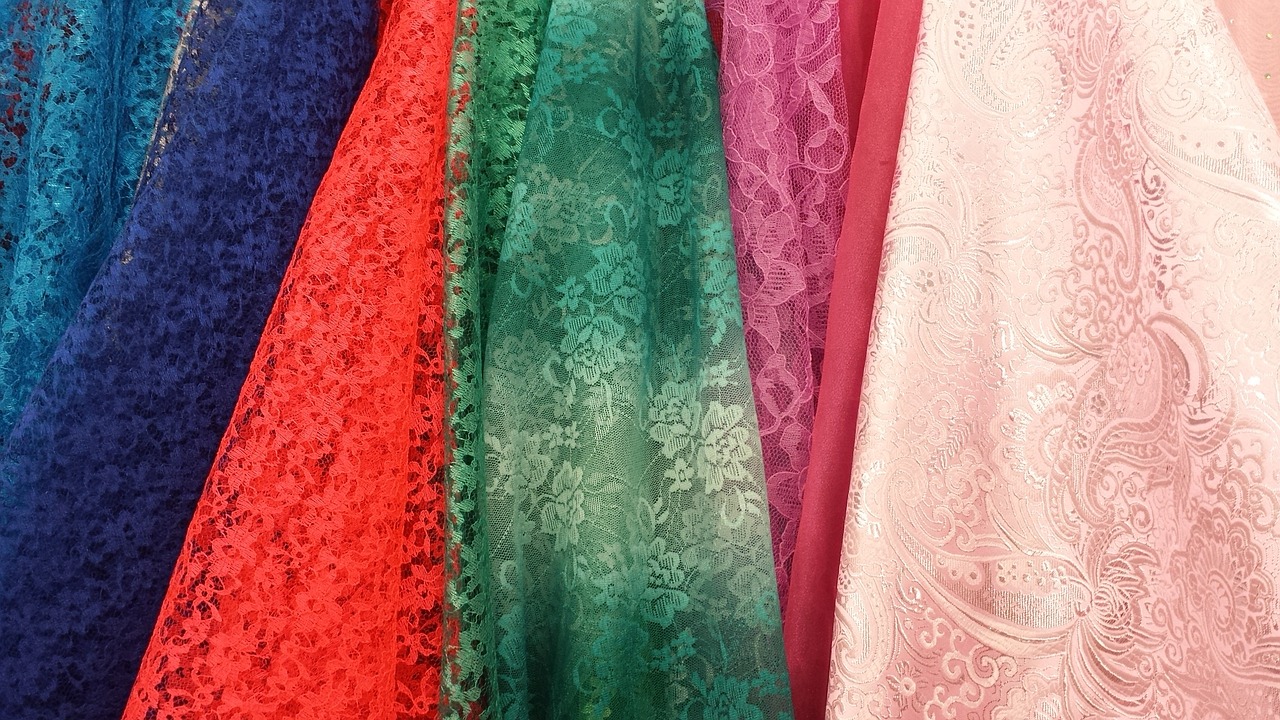Sustainable Beauty Brands: Ethical Practices and Ingredients
Sustainable beauty brands prioritize environmental stewardship by choosing eco-friendly packaging, using organic ingredients, and implementing sustainable production methods. These brands work towards reducing their carbon footprint and minimizing waste throughout their supply chain, from sourcing raw materials to manufacturing and distribution.
By promoting transparency and ethical practices, sustainable beauty brands raise consumer awareness about the environmental impact of traditional beauty products. Through innovation and education, these brands aim to inspire both industry-wide changes and conscious consumer choices to protect our planet for future generations.
• Sustainable beauty brands prioritize environmental stewardship
• They choose eco-friendly packaging and use organic ingredients
• Implement sustainable production methods to reduce carbon footprint
• Minimize waste throughout their supply chain from sourcing raw materials to distribution
• Promote transparency and ethical practices to raise consumer awareness
• Inspire industry-wide changes and conscious consumer choices for a better planet
The Importance of Ethical Practices in the Beauty Industry
Ethical practices within the beauty industry play a crucial role in shaping consumer perceptions and building trust. From sourcing ingredients to manufacturing processes, consumers are increasingly looking for brands that prioritize ethical considerations. It is not just about the products themselves, but the entire supply chain and the impact that each step has on the environment and society at large.
In recent years, there has been a notable shift towards transparency and accountability in the beauty sector. Consumers are becoming more informed and conscious of the ethical implications of their purchases. Brands that embrace ethical practices not only contribute to a more sustainable future but also position themselves as leaders in an industry that is rapidly evolving to meet the demands of an ethically-minded consumer base.
Natural Ingredients vs. Synthetic Ingredients in Beauty Products
When it comes to choosing beauty products, one of the key considerations for consumers is the ingredients used in them. Natural ingredients, such as plant extracts and essential oils, are derived from nature and are believed to have inherent benefits for the skin. On the other hand, synthetic ingredients are produced in a lab and can mimic the properties of natural ingredients.
Natural ingredients are often preferred by consumers who are looking for products that are free from harsh chemicals and are considered to be more environmentally friendly. They are perceived to be safer and gentler on the skin, making them popular choices for those with sensitive skin or who prefer a more holistic approach to skincare. Conversely, synthetic ingredients are often lauded for their stability and consistency in formulations, allowing for a more precise control over the final product.
What are natural ingredients in beauty products?
Natural ingredients in beauty products are derived from plants, minerals, and other naturally occurring sources, without any synthetic additives.
Are natural beauty products better for the environment?
Yes, natural beauty products are generally better for the environment as they are often sustainably sourced and biodegradable, reducing their impact on the planet.
Are synthetic ingredients harmful in beauty products?
Some synthetic ingredients in beauty products have been linked to potential health risks and environmental harm, making them less desirable for some consumers.
How can I tell if a beauty product is made with natural ingredients?
Look for products that are labeled as “natural,” “organic,” or “clean beauty,” and check the ingredient list for recognizable botanical or mineral-based ingredients.
Are natural beauty products more expensive than synthetic ones?
Natural beauty products can be more expensive than synthetic ones due to the higher cost of sourcing and processing natural ingredients, but there are affordable options available from ethical and sustainable brands.







